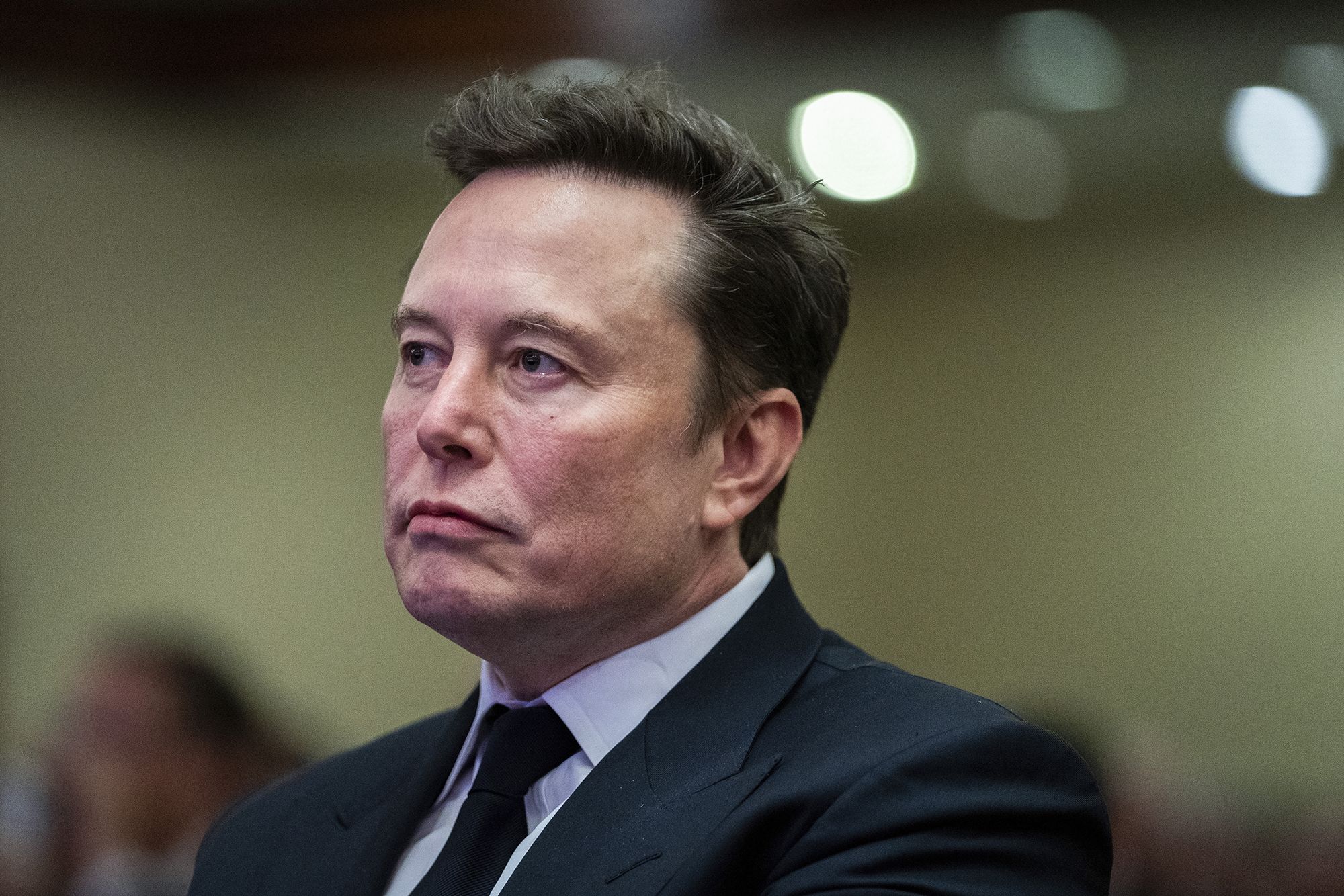Elon Musk has once again made headlines with his controversial moves in government affairs. As he works to shut down the U.S. Agency for International Development (USAID), a debate has emerged on social media regarding other humanitarian organizations, specifically the Red Cross. While Musk has not directly targeted the Red Cross, discussions online have fueled speculation and debate regarding its role in international aid.
Musk’s USAID Controversy: A Recap
The USAID, an independent federal agency responsible for providing foreign assistance, has been in turmoil following Musk’s involvement in government restructuring. Recent changes have sparked concerns, with reports of agency employees facing restricted access to computer systems and sudden office closures. Musk’s administration, known as the Department of Government Efficiency (DOGE), has been actively investigating USAID operations.
Criticism of Musk’s actions has been widespread, with lawmakers emphasizing that USAID’s establishment by Congress means its dissolution would require congressional approval. Despite this, many of Musk’s supporters have embraced his reform initiatives, viewing them as efforts to reduce inefficiencies in government spending.

The Red Cross Enters the Conversation
Following Musk’s moves against USAID, social media users began discussing other major aid organizations. Some individuals suggested that Musk should investigate the Red Cross, questioning its operations and financial transparency. Posts on social platforms such as X (formerly Twitter) have encouraged Musk to scrutinize the nonprofit’s funding and humanitarian efforts.
A recurring topic in these discussions is a widely circulated image of a pamphlet provided to migrants traveling toward the U.S. The pamphlet includes maps with essential resources such as food and water stations along migration routes. Some online commentators have raised concerns about the document, interpreting it as a form of facilitation rather than humanitarian aid.
In response to the claims, the Red Cross has reiterated its mission to provide neutral humanitarian assistance. “This document, like the humanitarian action of the International Red Cross and Red Crescent Movement, does not seek to encourage or discourage migration, but rather to contribute to mitigating the vulnerability factors of this population along the migratory route,” the organization previously stated.
Fact-Checking the Claims
Despite online speculation, there is no verified evidence linking the Red Cross to any improper activities. The organization has a long-standing reputation for providing aid in disaster-stricken areas, medical relief, and emergency response efforts. Additionally, the Red Cross operates independently and does not receive regular federal funding, making it unlikely to be directly impacted by government agency changes.
The growing discussion highlights the impact of social media in shaping public narratives. Misinformation and speculation often spread rapidly, leading to heightened scrutiny of established institutions. In this case, while there is no formal investigation into the Red Cross, the power of online discourse has drawn attention to its work and funding sources.
Musk’s Response to the Debate
While Musk has not announced any specific plans concerning the Red Cross, he has acknowledged online discussions surrounding the organization. In January, he responded to a post questioning government funding for the Red Cross, expressing curiosity about its financial structure.
His remarks have fueled further debate, with some social media users calling for greater transparency from large nonprofit organizations. However, others caution against baseless accusations that could undermine legitimate humanitarian efforts.

Public Reactions and Perspectives
As discussions continue, reactions remain mixed. Supporters of Musk’s initiatives argue that increased oversight and accountability in nonprofit organizations are necessary. They believe that questioning financial transparency can lead to better resource allocation and aid distribution.
On the other hand, critics emphasize the importance of separating fact from speculation. They warn that unfounded claims can damage the reputations of organizations that provide essential services to communities in need.
The Role of Digital Media in Shaping Perceptions
The rise of social media platforms has transformed the way information is disseminated. Conversations that begin as speculation can quickly gain traction, influencing public perception and even policy discussions. The debate over the Red Cross serves as an example of how digital narratives can shift focus to established institutions, sometimes without substantiated evidence.
With Musk’s increasing involvement in public affairs, it is likely that discussions regarding various organizations will continue. Whether this leads to policy changes or remains a subject of online debate, it underscores the evolving relationship between social media influence and real-world decision-making.

Looking Ahead: What This Means for Humanitarian Organizations
As global humanitarian efforts evolve, organizations such as the Red Cross may face more public scrutiny. Calls for increased financial transparency and accountability may lead to reforms in how nonprofits communicate their operations to the public. Moving forward, both government agencies and nonprofit organizations may need to adapt to heightened digital engagement and evolving public expectations.
For now, the debate surrounding Musk’s influence and the future of USAID remains ongoing. As discussions about aid organizations continue, it is crucial to rely on verified information and factual analysis to assess the role and impact of these institutions.

Conclusion
Elon Musk’s involvement in government agency restructuring has sparked widespread discussions, including debates over the Red Cross. While social media conversations continue to shape public perception, it is essential to distinguish between speculation and verified facts. As humanitarian organizations navigate these discussions, maintaining transparency and clear communication with the public will be more important than ever.
Stay informed by following credible sources and verified news platforms to understand the evolving landscape of global aid and governance.

